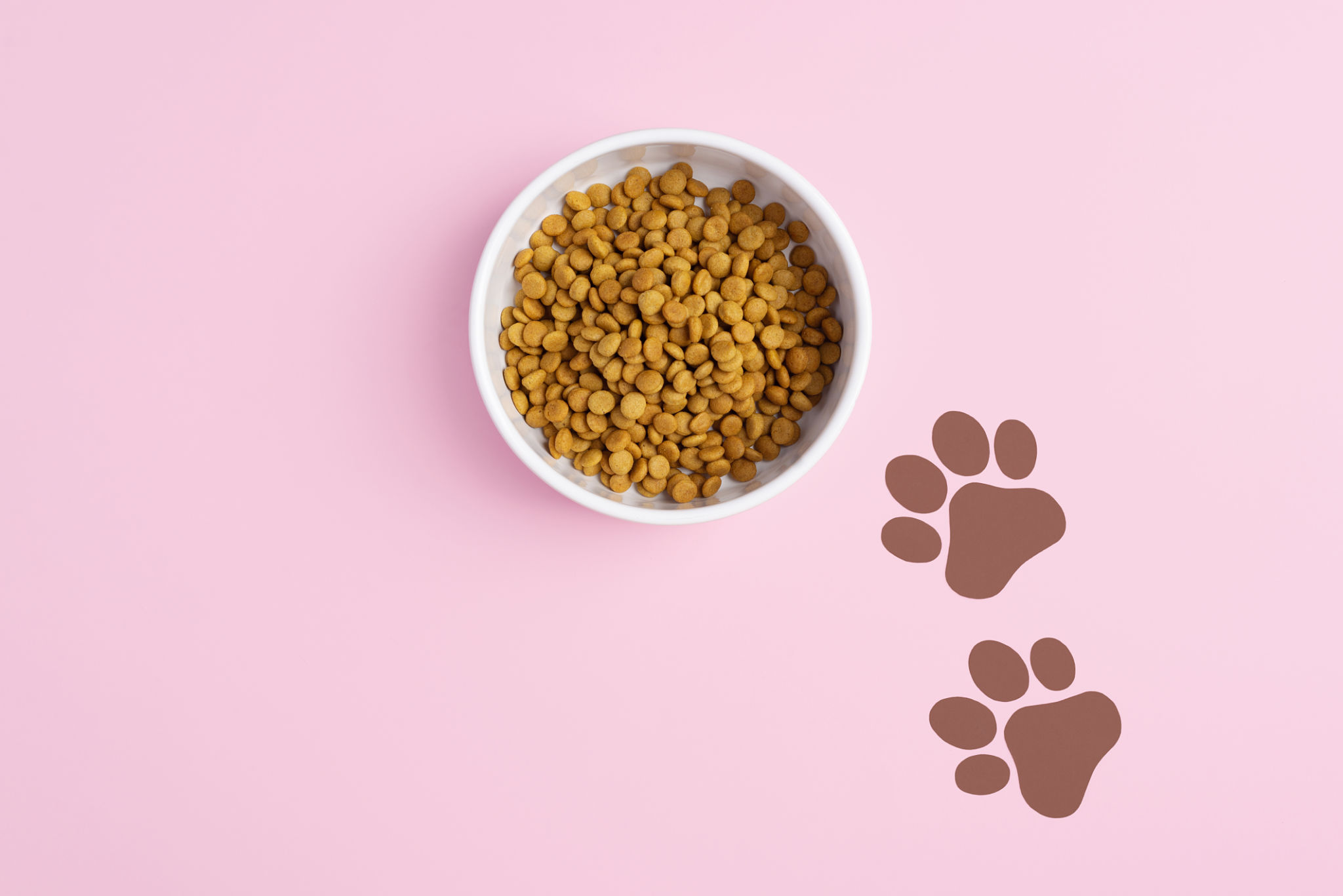Busting Common Myths About Pet Nutrition
Vl
Understanding the Basics of Pet Nutrition
When it comes to pet nutrition, there's a lot of information available, and not all of it is accurate. Just like humans, pets require a balanced diet to maintain good health. However, some common myths can lead pet owners astray. In this article, we will debunk some of these myths to help you make informed decisions about your pet's diet.
First, it's essential to understand that pets have different nutritional needs than humans. Cats, for example, are obligate carnivores, meaning they require nutrients found only in animal products. Dogs, on the other hand, are omnivores and can thrive on a more varied diet. Knowing these differences is crucial when selecting food for your furry friends.

Myth: All Grains Are Bad for Pets
One of the most pervasive myths in pet nutrition is that grains are harmful to pets. While it's true that some pets may have grain allergies or sensitivities, this is not the case for all animals. In fact, grains like rice and oats can provide essential nutrients and energy. It's important to consult with a veterinarian if you suspect your pet has a food allergy to determine the best course of action.
For most pets, grains can be a part of a balanced diet. The key is ensuring that the grains are part of high-quality pet food and not just fillers. Look for products where grains are not the primary ingredient, and prioritize foods with identifiable protein sources.
Myth: Raw Diets Are Superior
Raw diets have gained popularity in recent years, with some pet owners believing that feeding raw meat is more natural and beneficial. However, this approach can be risky as raw diets may expose pets to harmful bacteria such as Salmonella or E. coli. Additionally, balancing a raw diet nutritionally can be challenging and may result in deficiencies.

While some pets may thrive on a carefully prepared raw diet, it's vital to consult with a veterinarian or a pet nutritionist before making such a switch. They can help ensure that your pet receives all the necessary nutrients while minimizing risk.
Myth: Table Scraps Are Fine for Pets
Many pet owners believe it's okay to feed their pets table scraps as an occasional treat. However, this practice can lead to obesity and other health problems. Human food often contains ingredients that are toxic to pets, such as onions, garlic, and chocolate.
- Avoid feeding your pets food seasoned with salt or spices.
- Ensure that any treats are appropriate for their species and size.
- Limit treats to no more than 10% of their daily caloric intake.

Myth: All Pets Need Supplements
Another common misconception is that all pets require dietary supplements. While supplements can be beneficial in certain cases, they are not necessary for every pet. A balanced diet typically provides all the essential nutrients needed.
Over-supplementation can lead to health issues, so it's essential to consult with a veterinarian before adding supplements to your pet's diet. Supplements should only be used to address specific health concerns or deficiencies diagnosed by a professional.
Conclusion: Making Informed Choices
Busting these common myths about pet nutrition helps ensure that your furry friends receive the best possible care. Always prioritize complete and balanced diets tailored to your pet's specific needs and consult with a veterinarian for personalized advice.
Remember, understanding your pet's dietary requirements is key to maintaining their health and happiness. With the right knowledge, you can provide them with the nutrition they need to thrive.
